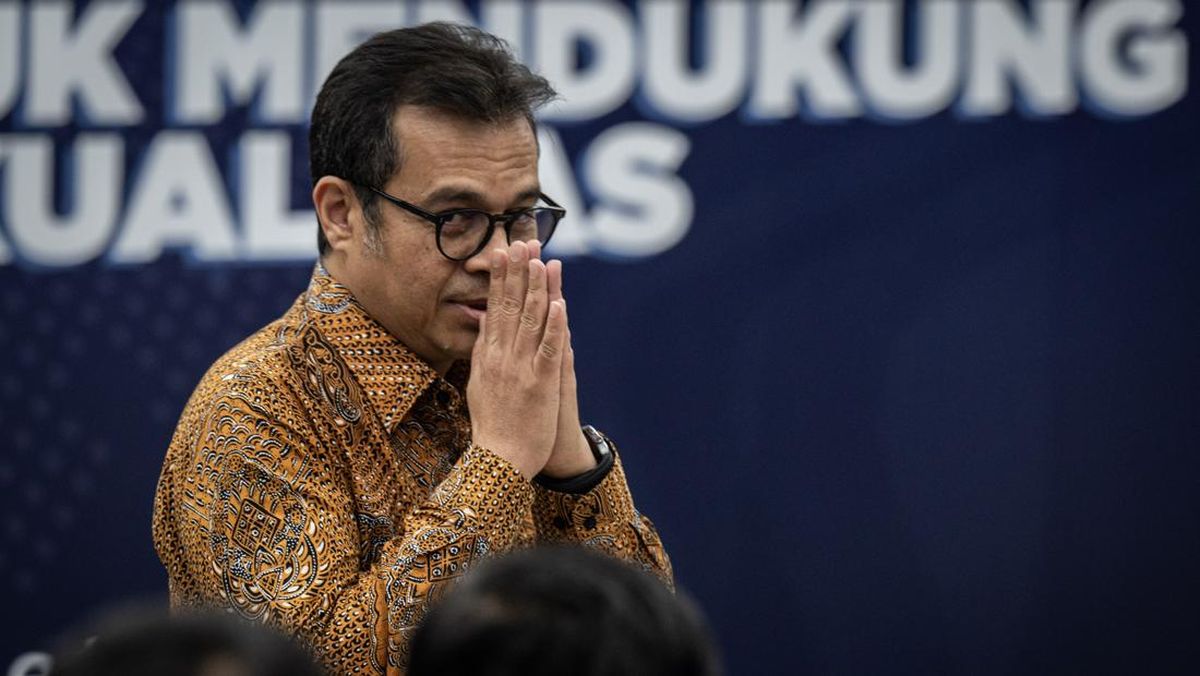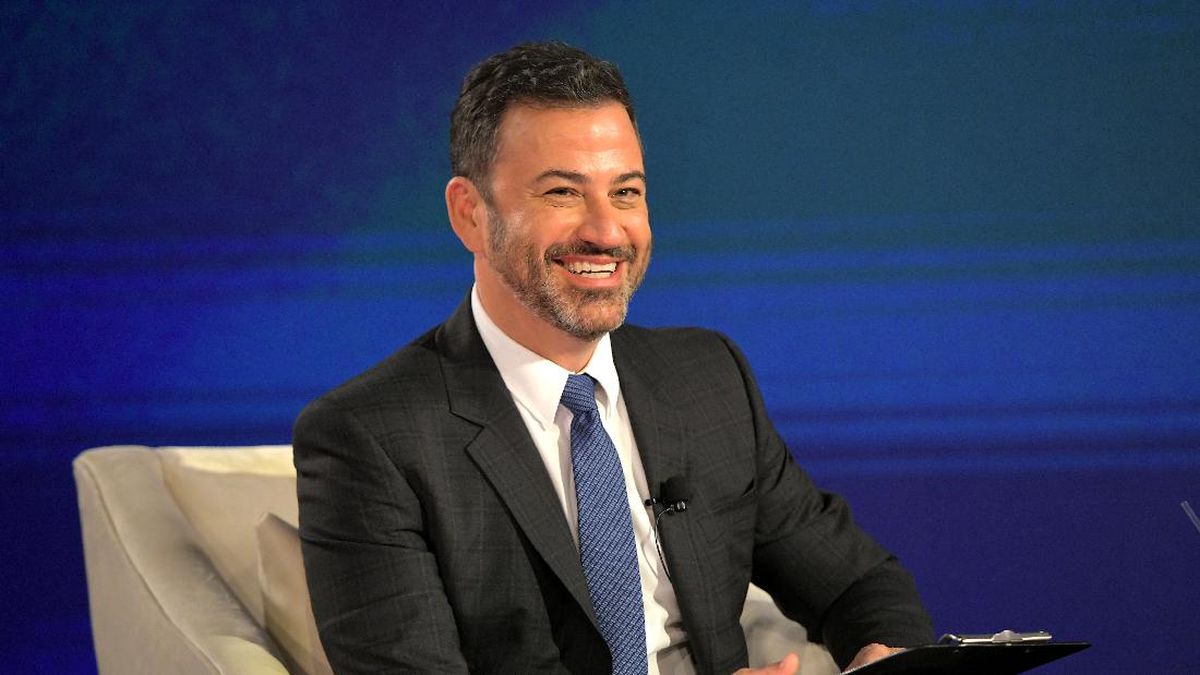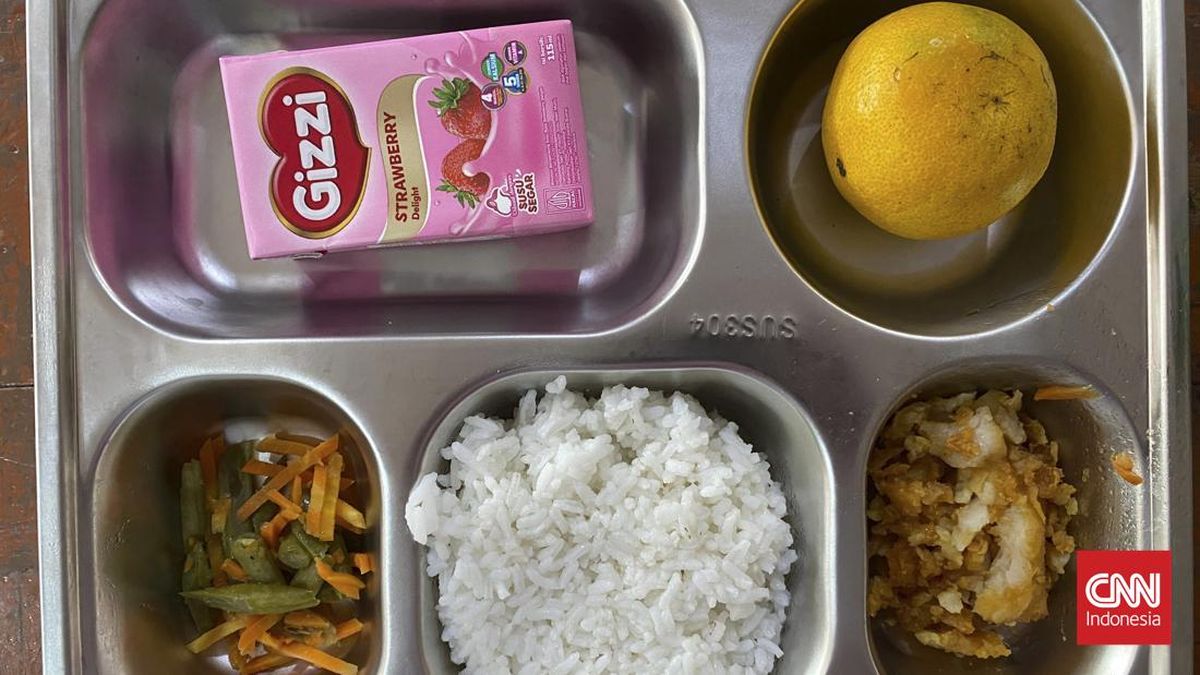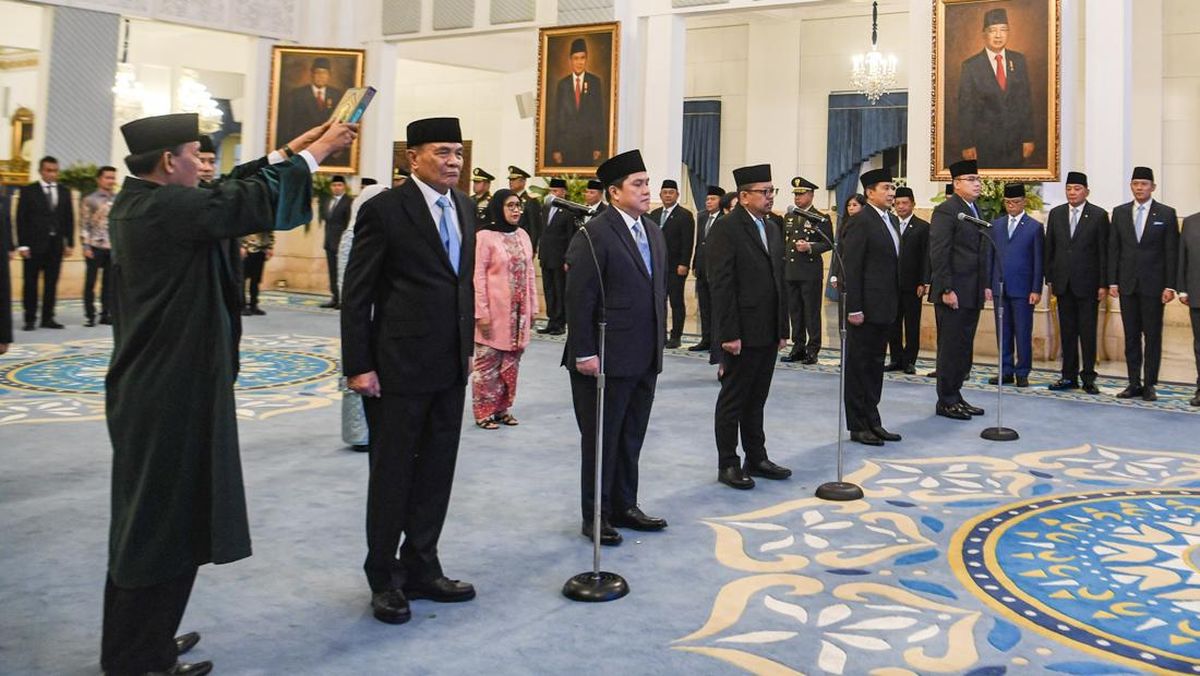Culinary Class Wars trades the usual emotional theatrics of Western reality TV shows for bonkers nicknames and a quirky, dramatic flair.
While the historic link between food and class is undeniable, those who’ve explored its sociopolitical depths might feel let down by Netflix’s Culinary Class Wars. This isn’t a show where Michelin-starred chefs and RSL bistro cooks fight to the death. It is, instead, a big, bold, aspirationally epic reality cooking competition in which the “lower” class doesn’t seek to overcome the aristocracy, but rather, to join it.

Coming to us from South Korea, Culinary Class Wars is not as brutal as one might expect from the dramatic music and massive Orwellian sets. The location evokes a sci-fi dystopian universe, but everyone involved is so sweet-natured and polite that the Kafka-esque nightmare quickly becomes rather cosy, and we can all relax and have fun.
In this ambitious culinary showdown, 100 chefs are brought together, but they are far from equal. The “white spoons” are the culinary elite – 20 acclaimed masters from the world of high-end dining. Their rivals, the “black spoons”, are a motley crew of 80: from up-and-coming chefs to social media stars and determined home cooks, all vying for a chance to challenge the established order.

The black spoons do not compete under their real names, but under a collection of truly wonderful nicknames. These range from the boastful (“Genius Restaurateur”, “Meat Master”, “Kitchen Boss”) to the intriguingly weird (“Cooking Maniac”, “Napoli Matfia”, “Seungwoo’s Dad”).
Other names seem to be lost in translation, such as “Goddess of Chinese Cuisine” and “Master of School Meals”. It’s in this wonderful, sometimes-baffling mix of self-proclaimed titles that you get a genuine glimpse into the fascinations and cultural priorities of a different world.
This isn’t a show where Michelin-starred chefs and RSL bistro cooks fight to the death. It is, instead, a big, bold, aspirationally epic reality cooking competition.
Some of these characters are as eccentric as their monikers. The most shining example is “King Bibimbap”, who dresses in traditional robes, serves his dish on a cymbal, plays a drum, and chants while the judge tastes his food. Other contestants belie their swaggering nomenclature with shy, demure presentation.
While we’re at it, Culinary Class Wars is, of course, in Korean, and non-speakers can choose to watch with subtitles or with American-English dubbing. To each their own, obviously, but for mine, there’s much greater enjoyment to be gained from the slightly disorienting dubbing, and the air of anime-ish unreality it adds.
The dubbed voices also highlight the show’s resemblance to Japan’s Iron Chef, particularly its epic scale and the attempt to make every moment feel like HISTORY IN THE MAKING. More than once, we hear that if a certain chef succeeds in something or other, it will be the first time this has ever happened! This is unsurprising, given that this is the show’s first season. Netflix has already promised a second season.
Yet in stark contrast to shows such as Top Chef or MasterChef, Culinary Class Wars is remarkably free of emotional theatrics. Contestants don’t share heartbreaking backstories or have tearful meltdowns when eliminated. Instead, they accept their fate with a dignified smile, thank the judges, and then walk away. For veteran reality TV fans, this unfussy grace is an almost shocking departure from the genre’s norm.
As to the competition itself, the “class wars” element adds spice to the mix, as we see which of the black spoons has the talent to match it with the lofty white spoons, the Jedi Council of cookery, who spend most of the first three episodes standing on a balcony overlooking the kitchen, commenting on the black spoons sweating it out below.

It’s a long road for the black spoons, as only 20 out of 80 will earn a spot in the one-on-one challenges. The show takes its time getting there; a significant chunk of the first episode is dedicated to a drawn-out explanation of the rules.
If Culinary Class Wars has a weakness, it’s that it can be a slow-moving feast, primarily due to the sheer size of the cast. But for a refreshing antidote to Western cooking shows – which often lack personality and weirdness, and prioritise manufactured conflict over genuine passion – this series comes highly recommended. It offers a sincere earnestness that becomes hilarious over time, all while showcasing a dizzying array of cuisines from around the world.
Culinary Class Wars
Watch it if: You’re sick of local cooking competitions’ small ambitions and lack of bonkers nicknames.
Don’t watch it if: You prefer your cooking shows to move at a cracking pace or to always make sense.
Sizzle rating: Three burners out of five – SIMMERING
Stream it: Netflix



















































